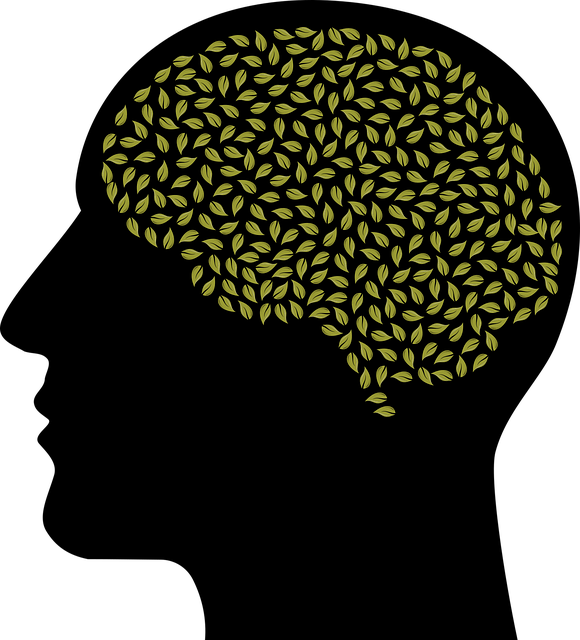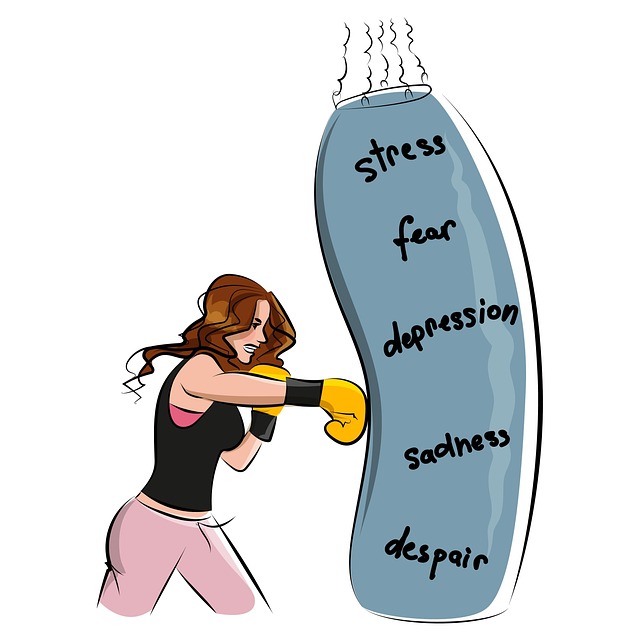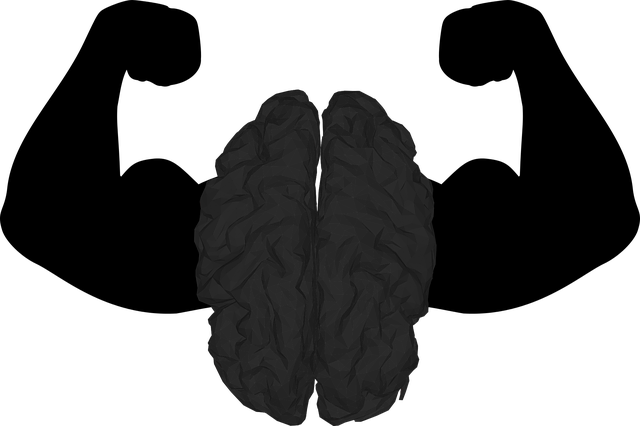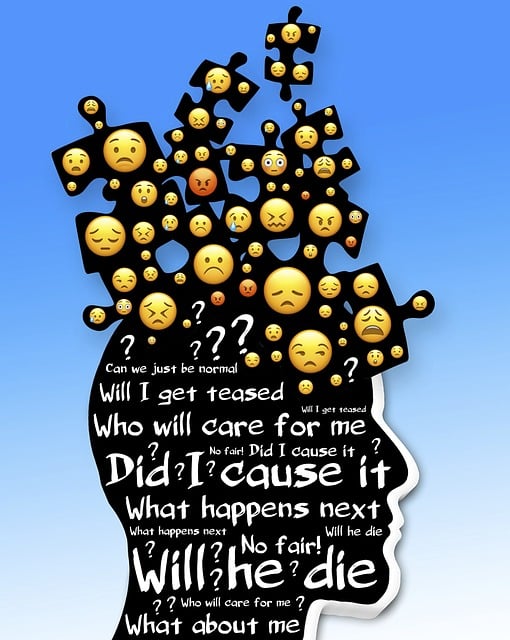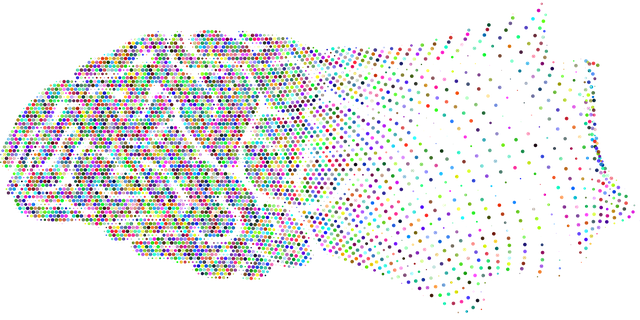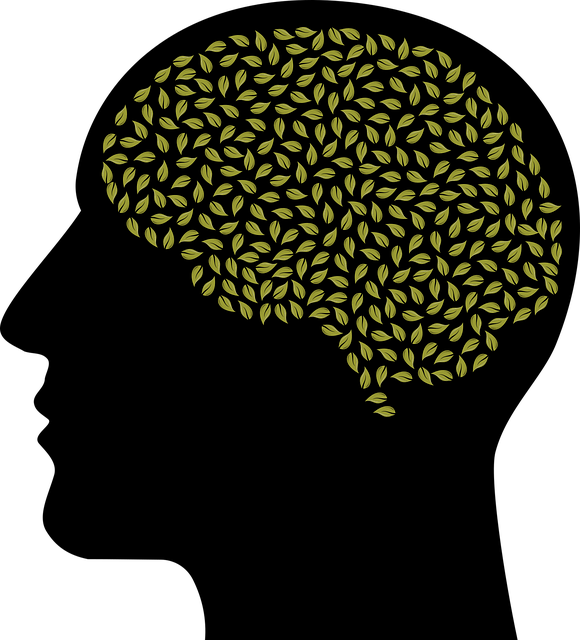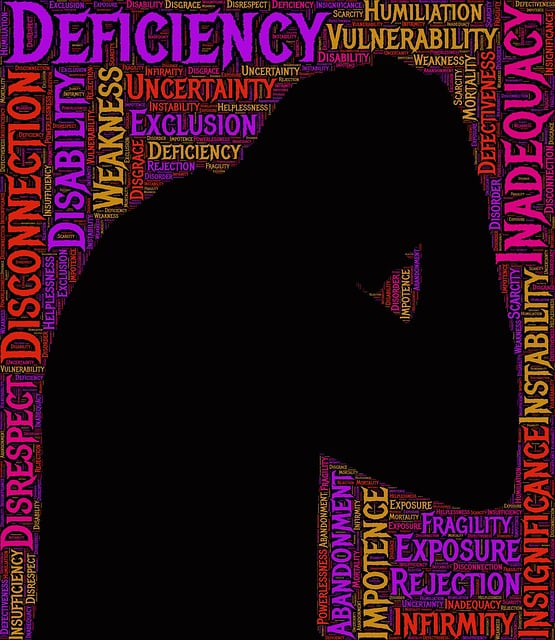Centennial Grief Counseling Therapy provides 24/7 mental health crisis support through trained professionals who offer immediate assistance, safe spaces, and evidence-based practices like Social Skills Training. Their services empower individuals with healthy coping mechanisms and community outreach programs reduce stigma. Hotline counselors, including those at Centennial, are vital first responders to emotional crises but face challenges like high call volumes and long wait times; advocacy for better mental health policies is crucial to support them and ensure a robust safety net.
“In moments of intense mental distress, a simple phone call can be a lifeline. Mental health crisis hotline support services play a pivotal role in offering immediate assistance and guiding individuals toward recovery. This article explores the critical function of these hotlines, with a focus on the expertise provided by Centennial Grief Counseling Therapy. We’ll delve into how to access these services, the training behind the counselors, and the challenges they face, ultimately shedding light on the behind-the-scenes heroes of crisis support.”
- Understanding Mental Health Crisis Hotlines: A Lifeline in Times of Distress
- The Role of Centennial Grief Counseling Therapy in Crisis Support
- Accessing and Utilizing These Services: What to Expect and How to Reach Out
- Behind the Scenes: Training, Resources, and Challenges Faced by Crisis Counselors
Understanding Mental Health Crisis Hotlines: A Lifeline in Times of Distress

Mental Health Crisis hotlines are a vital resource for individuals facing overwhelming emotions or situations that threaten their well-being. They serve as a direct connection to trained professionals who can offer immediate support, guidance, and a safe space to express distressing thoughts and feelings. These hotlines are accessible 24/7, ensuring help is available whenever needed, whether during the day when offices are open or in the quiet hours of the night.
Centennial Grief Counseling Therapy, for instance, has dedicated professionals who not only provide crisis support but also offer valuable resources for managing stress, anxiety, and depression. They employ evidence-based practices such as Social Skills Training and Confidence Boosting techniques to promote emotional well-being. Additionally, counselors equip individuals with healthy coping mechanisms and problem-solving skills, empowering them to navigate future challenges with resilience.
The Role of Centennial Grief Counseling Therapy in Crisis Support

Centennial Grief Counseling Therapy plays a pivotal role in crisis support services by offering specialized care for individuals grappling with intense emotional distress and bereavement. This therapy provides a safe, non-judgmental space where people can explore their feelings, process complex emotions, and develop effective coping skills. Trained therapists utilize evidence-based practices to assist clients in navigating through crises, ensuring they receive the necessary support to regain stability and improve mental wellness.
Beyond individual therapy sessions, Centennial Grief Counseling Therapy contributes to the community by implementing outreach programs that reach diverse populations. These initiatives aim to raise awareness about mental health issues and reduce stigma, encouraging individuals to seek help when needed. Additionally, they produce a Mental Wellness Podcast Series, offering valuable insights and practical tips for maintaining emotional well-being. Through these efforts, the therapy center fosters a supportive environment, promoting coping skills development and enhancing overall community resilience.
Accessing and Utilizing These Services: What to Expect and How to Reach Out

Reaching out for help is a sign of strength, and mental health crisis hotline support services are designed to provide immediate assistance and guidance during challenging times. These hotlines offer a safe space for individuals to share their struggles and receive professional support from trained counselors and therapists. When contacting these services, expect a warm and non-judgmental reception, where your concerns will be actively listened to and addressed.
To access these services, simply dial the dedicated hotline number or visit their online platform. The process is often straightforward, allowing you to connect with a counselor promptly. Whether seeking guidance for anxiety, depression, stress reduction methods, or coping with grief as offered by Centennial Grief Counseling Therapy, these hotlines cater to various mental health concerns. They provide resources for inner strength development and can direct you to local community outreach program implementations tailored to your needs. Remember, reaching out is the first step towards healing and regaining control over your well-being.
Behind the Scenes: Training, Resources, and Challenges Faced by Crisis Counselors

Behind the scenes, mental health crisis hotline counselors face a unique set of challenges. These professionals are often the first point of contact for individuals in distress, and their training plays a crucial role in effectively supporting those facing emotional crises or suicidal thoughts. Centennial Grief Counseling Therapy, for instance, equips counselors with specialized skills to navigate complex emotional healing processes. The rigorous training involves learning various de-escalation techniques, active listening skills, and crisis intervention strategies.
Despite having robust resources at their disposal, counselors encounter numerous obstacles. High call volumes can lead to long wait times and overburdened staff. Additionally, the nature of crisis work demands a constant state of readiness, which may impact their own mental wellness. Advocacy for better mental health policies is essential to support these frontline workers. Enhancing resources and implementing strategies to reduce counselor burnout are integral parts of Mental Health Policy Analysis and Advocacy, ultimately ensuring a more robust safety net for those seeking emergency mental health support.
Mental health crisis hotline support services play a pivotal role in providing immediate assistance during times of distress. As highlighted through our exploration of services like Centennial Grief Counseling Therapy, these hotlines offer a confidential and accessible resource for those struggling with mental health issues. By understanding the importance and functionality of these services, we can encourage individuals to reach out without hesitation. Crisis counselors, through their training and dedication, are equipped to handle a range of situations, ensuring that every call is approached with sensitivity and professionalism. With continued awareness and support, mental health crisis hotline services will remain a vital lifeline for many.
